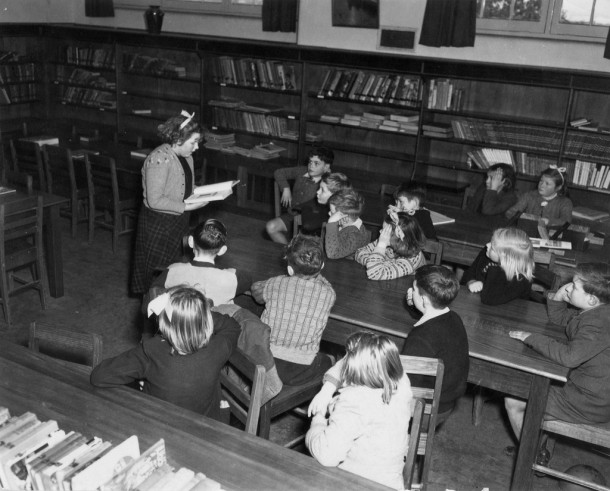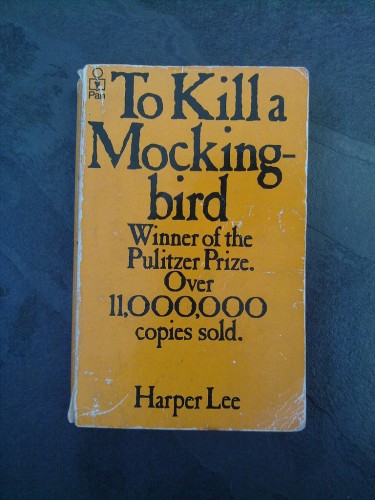Former education secretary Michael Gove’s controversial requirements for the school curriculum will come into play this year. They have been met with complaints from teachers across most school subjects, however the effect that the changes will have on the teaching of English could affect the way that students feel about reading in the future.
As with all other curriculum subjects, lessons and materials must be catered to the class they are for. It’s impossible to apply a broad approach to teaching, as it does not take into account the specific needs of individuals, and classes as a whole. It is ridiculous to assume that one teaching technique will work for all students, and it’s similarly ridiculous to assume that resources and curriculum content can be the same for everyone.
GCSE is an age that is particularly difficult to teach in the first place. These are the first intensive set of exams that students will be properly aware that they are taking, and probably the first time they’ve had to organise their own revision and studies themselves. The pressure for success is already immensely high. Regardless of opinions that GCSE results don’t matter as long as they get you to the next stage that you want to be at, be that a Sixth Form College or an apprenticeship, at the time of sitting the exams, nothing seems more important. At this crucial stage, it is important that the curriculum is suitable and effective, and it is not a time for experimentation.
An incorrectly judged syllabus can turn a student away from the subject for life, due to the boredom and difficulty that the syllabus has caused. This is especially important in English, as it can turn people away from reading for life, purely based on a novel that was picked without their best interests at heart. With centuries of English literature, and fiction in other languages, available for the syllabus, it’s ridiculous that we are unable to find literature that is sufficiently interesting, yet of enough educational value to warrant its place in the curriculum.
The changes require a focus on British literature, especially pre-20th century, and while it doesn’t ban any books, this does leave little room for other areas of literature, with modern American classics such as To Kill A Mockingbird being omitted from new syllabuses. These requirements mean that books are chosen based on their capacity to fit into a specific category, which is not the way that teaching should be planned. It is much better to consider which novels are likely to engage reluctant readers, and which have themes that are perhaps more stimulating.
While Gove may be favouring British literature, if these books aren’t read then the changes are pointless. It is better to introduce novels to students in a way that is engaging and stimulating, so that in the future they can then move onto more complex novels that at the age of 16 they may brand as tedious. Of course, classes of a higher ability may do well with these novels, but it is naïve to believe that those of all ability levels will enjoy and appreciate the same literary works.
These more ‘difficult’ novels should perhaps be left till A-Levels, at which stage students have specifically chosen to study English, and therefore should hopefully be more open to more challenging writers than those who are struggling through to ensure that they have the qualification at GCSE.
The changes are an example of how education can often ignore the needs of individuals, by applying rules that are suitable for only a minority of people, which probably includes those setting the curriculum. The changes are a way of making the road to success an even more treacherous one for those who don’t suit the traditional methods of teaching, leaving students disillusioned and disengaged with the world of literature.



